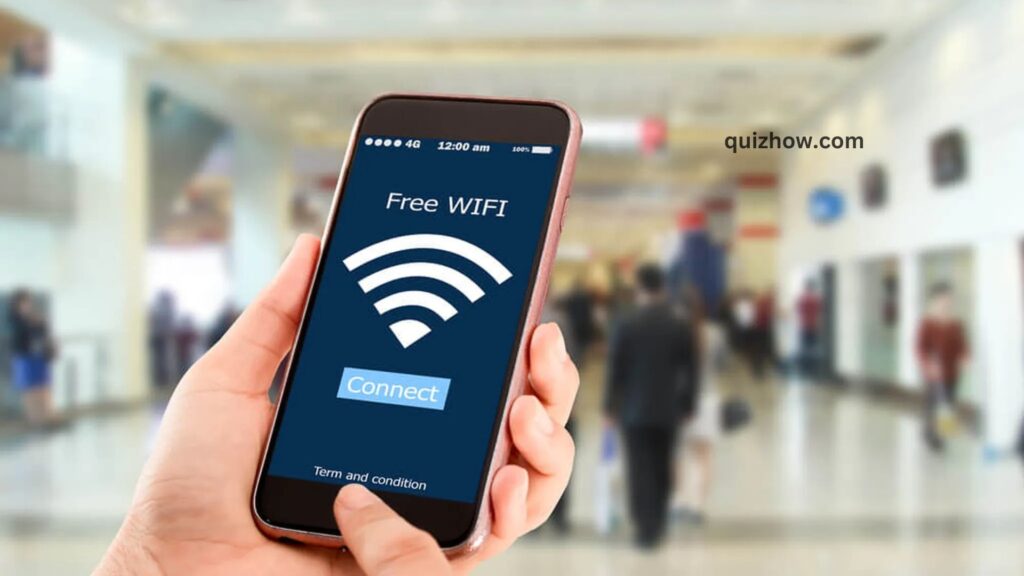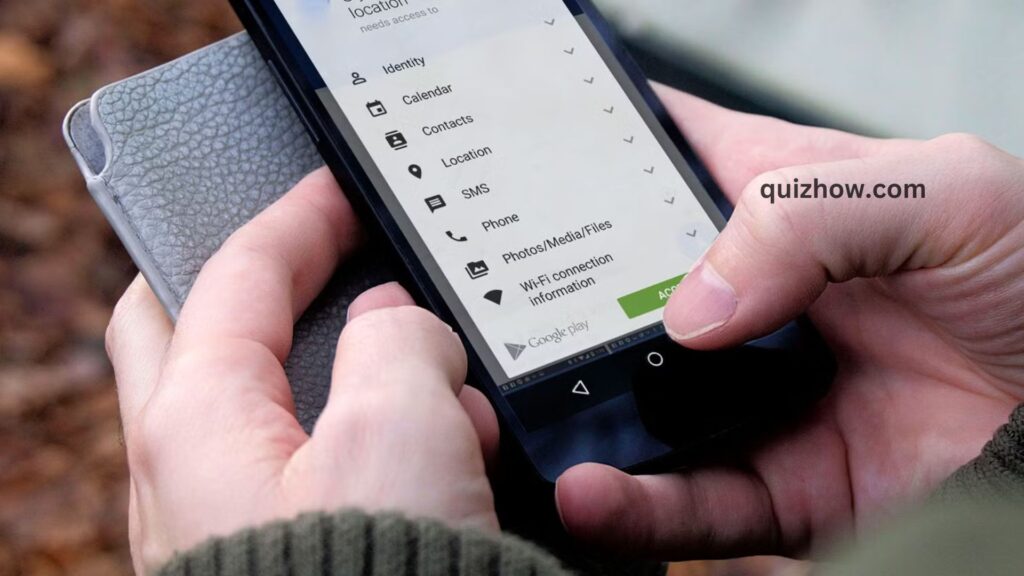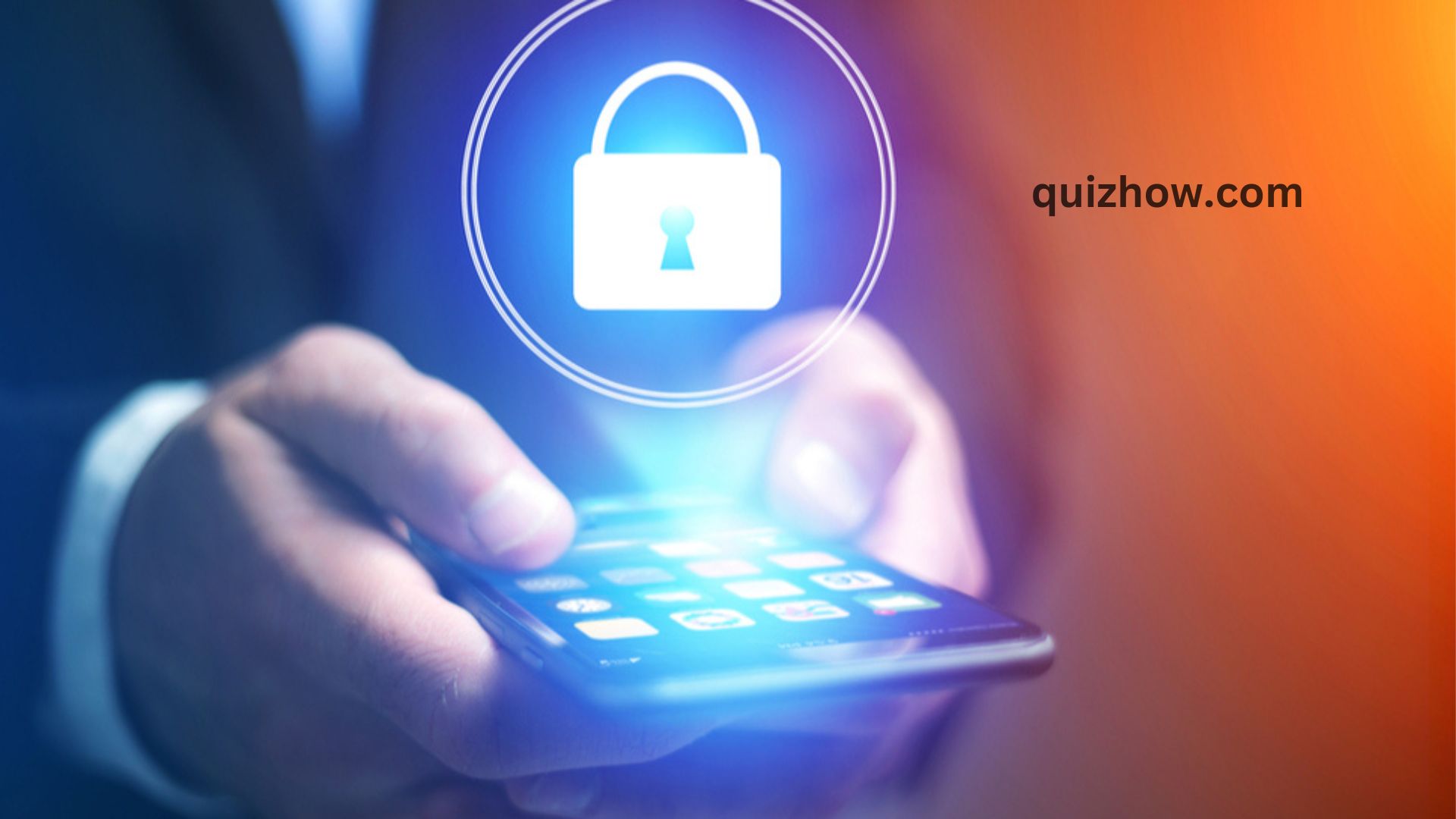Smartphones have become a big part of our daily lives, holding everything from personal messages to sensitive financial info. But with all that convenience comes the risk of cyber threats. Whether you’re checking emails, browsing the web, or shopping online, protecting your smartphone and the data on it is essential. Here are seven tips to keep your data safe and your device secure.
1. Use Strong Passwords and Biometric Security
Your strong, one-of-a-kind password is your first line of security. Avoid easy combos like “1234” or “password.” Instead, use a mix of numbers, symbols, and uppercase and lowercase letters. Most smartphones also offer fingerprint or facial recognition, which adds an extra layer of security to keep others from accessing your device.
Why It Matters: Simple passwords make it easy for hackers to get in. With a strong password or biometric security, you make it much harder for anyone to access your data.
2. Keep Your Software and Apps Updated
Software updates often include security patches that fix vulnerabilities. Cybercriminals often target devices running outdated software, so make sure to keep your operating system (OS) and apps up to date to protect yourself from the latest threats.

How to Manage Updates:
- Turn on automatic updates for both your OS and apps.
- If you don’t have auto-updates, make sure you frequently check for updates.
- Avoid apps from unknown sources, as they could contain malware.
3. Enable Two-Factor Authentication (2FA)
An additional layer of protection is provided by two-factor authentication (2FA). With 2FA, even if someone has your password, they would need an additional code (usually sent to your phone or email) to access your account.
Best Practices:
- For crucial accounts, such as social media, banking, and email, use 2FA.
- Prefer an authentication app like Google Authenticator over SMS for better security.
- Be aware of phishing attempts that might trick you into giving away your 2FA codes.
4. Be Careful with Public Wi-Fi Networks
Public Wi-Fi, like in coffee shops or airports, is convenient but risky. Hackers can intercept your data on these networks, potentially stealing your personal info. Avoid using public Wi-Fi for anything sensitive, like online banking or logging into important accounts.

How to Stay Safe:
- Use a VPN when on public Wi-Fi to keep your data secure.
- Turn off auto-connect to prevent joining insecure networks by accident.
- Disable file sharing and Bluetooth when on public networks to reduce risks.
5. Install a Mobile Security App
Just like your computer, your smartphone needs protection too. Mobile security apps can detect malware, block phishing attacks, and even help you locate a lost or stolen phone.
Key Features to Look For:
- Real-time malware scanning and removal.
- Anti-phishing protection.
- Remote wiping and device tracking in the event of theft or loss.
Popular apps include Avast, McAfee, and Norton Mobile Security.

6. Check App Permissions
Some apps ask for access to your location, camera, contacts, and more. While some of these are necessary, others might be unnecessary or even risky. Always check what permissions an app is asking for and deny any that seem suspicious or irrelevant.

How to Manage Permissions:
- Regularly review app permissions in your phone settings.
- Only download apps from trusted sources, like the official App Store or Google Play.
- Turn off permissions for apps that don’t need access to things like your location or microphone all the time.
Also Read: How to Speed Up Your Laptop Without Buying New Hardware
7. Backup Your Data Regularly
Backing up your data means you won’t lose important info if your phone is lost, stolen, or damaged. Most smartphones have options to back up data to the cloud, making it easy to restore later.
How to Backup:
- Use cloud services like Google Drive or iCloud for automatic backups.
- Set your phone to back up data daily or weekly.
- Keep an offline backup on an external hard drive or computer for extra security.
Keeping your smartphone secure is essential in today’s digital world, and these simple steps can go a long way in keeping your data safe.

Discover more from QuizHow
Subscribe to get the latest posts sent to your email.

